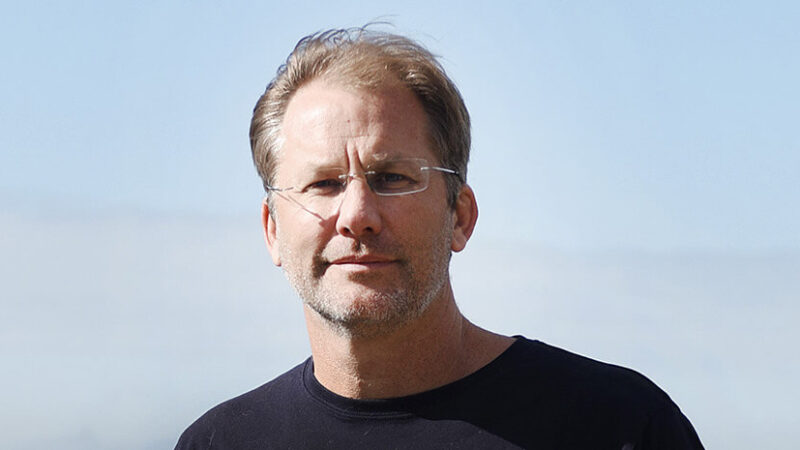
“Maverick cellist” is the phrase most often assigned to Grammy-nominated artist David Darling (1941–2021), but it hardly captures the richness, diversity, breadth, and sense of humor of a man who literally redefined the way the cello is played and the way music is taught. His prolific collection of recordings and innovative performance style represent an eclectic variety of musical genres. His playful and unconventional teaching methods helped open the world of music and improvisation to thousands of individuals.
Darling began piano lessons at the age of 5 and the study of classical cello at age 10. He attended Indiana State University, earning his bachelor’s and master’s degrees in music education. He studied cello with internationally recognized artists/teachers Lorne Munroe, Gilbert Reese, Fritz Magg, and János Starker, while at the same time pursuing studies in music composition. He was a scholarship student with the Pierre Monteux School for Conductors, and he studied jazz performance at Berklee School of Music in Boston.
In summer 1970, Darling joined the Grammy Award–winning group the Paul Winter Consort. He made his home in Nashville, Tennessee, where he served as assistant principal cellist with the Nashville Symphony Orchestra and worked as a studio session player in the Nashville recording scene. But his main focus was the Consort, an extraordinarily progressive band. He retired from the Paul Winter Consort in 1987 and began to explore the new experiences of working as a solo performer, teaching, and making recordings.
Throughout the years, Darling collaborated with a wide variety of international artists including Paul Winter, Ralph Towner, Glen Moore, Collin Walcott, Paul McCandless, Jan Garbarek, Arild Andersen, Paul Horn, Steve Kuhn, Terje Rypdal, Jon Christensen, Ketil Bjørnstad, Pierre Favre, Glen Velez, Bobby McFerrin, Spyro Gyra, Allaudin Mathieu, Peter Kater and R. Carlos Nakai, Patrick Leonard, Joseph FireCrow, Arlo Guthrie, John Marshall, and Baba Olatunji. Darling’s self-produced CD, Cello Blue (2001), earned rave reviews as well as a 2002 Grammy nomination and the AFIM Indie Award from the Association for Independent Music.
In 1986, Darling cofounded Music for People, an internationally recognized nonprofit educational network dedicated to teaching and fostering music improvisation as a means of creative self-expression. Music for People’s training and certification program, now in its 35th year, continues to flourish in the United States and has expanded to offer seminars and workshops at the Center for Wellbeing and Creativity in Kiental, Switzerland. Darling traveled extensively for more than 40 years, enthusiastically encouraging all humans to explore their musical talents and creative abilities. He inspired and encouraged thousands at numerous holistic facilities and retreat centers such as Esalen, the New York Open Center, Hollyhock, and Omega Institute.
Starting in 1986, Darling worked for Young Audiences, a National Medal of the Arts award-winning organization dedicated to enriching children’s lives by providing in-school programs in the form of workshops, artist residencies, and guest performances. In 1995, he received the Artist of the Year Award by the Board of Directors of Young Audiences, given “in recognition of his hard work, innovation, and creativity in the service of arts-in-education.” In 2001, Darling received the Arts Advocate of the Year Award presented by the Connecticut Music Educators Association for “his excellent work in music education and improvisation.”
Author photo © David Darling










